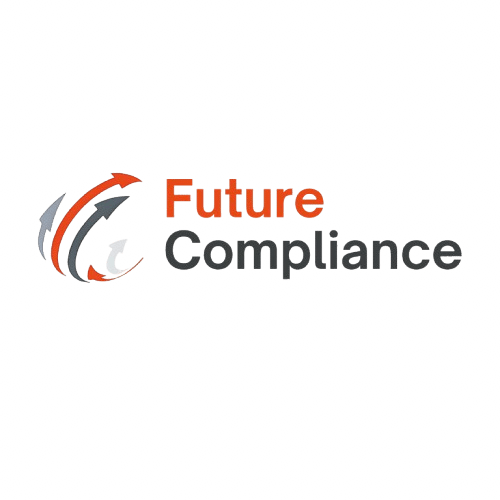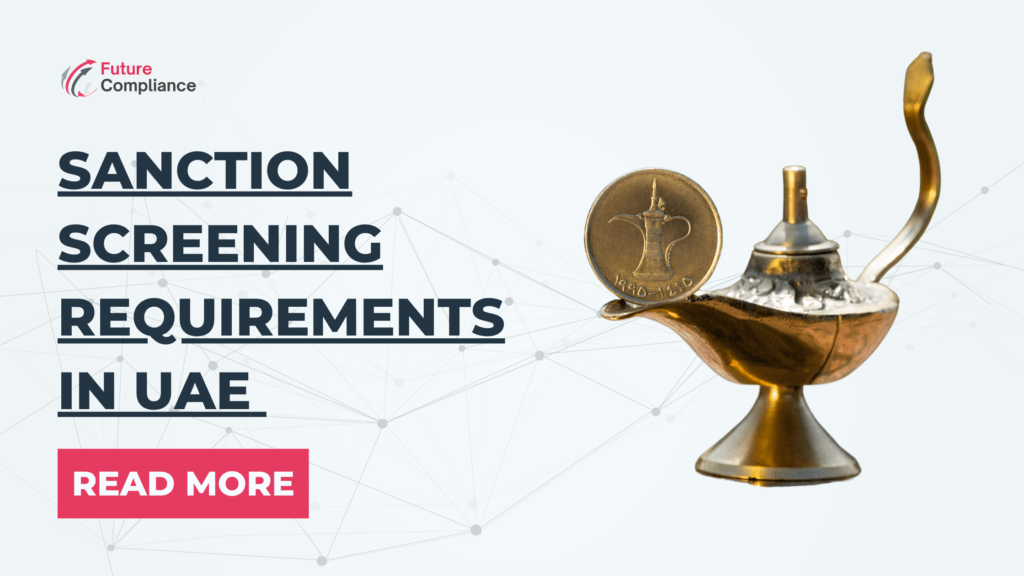







Terrifying Truth: How Terrorist Financing Really Works
Introduction: The Dark Reality of Terrorist Financing
Terrorist organizations need significant financial resources to recruit operatives, execute attacks, and sustain their operations. Despite strict global countermeasures, they continue to exploit loopholes in financial systems to launder money and finance illicit activities.
Understanding how terrorist financing works is crucial for governments, businesses, and financial institutions to combat it effectively.
In this guide, we break down:
✔ Key methods used for terrorist financing
✔ Global regulations and countermeasures
✔ How businesses can prevent financial abuse
🔗 Source: World Bank: The Economics of Terrorism
What is Terrorist Financing?
According to the Financial Action Task Force (FATF), terrorist financing refers to the collection, movement, or use of funds intended to support terrorism. Unlike money laundering, which seeks to disguise the origins of illicit funds, terrorist financing often involves both legal and illegal funds.
🔗 Source: FATF: Combating Terrorist Financing
🔗 Source: IMF: What is Terrorist Financing?
How Terrorist Groups Raise Funds
Terrorist organizations use various means to generate revenue. Some of the most common methods include:
1. Misusing Charities & NGOs
- Terror groups set up fake charities or infiltrate legitimate ones to divert donations.
- These funds are then moved through informal networks to finance attacks.
- Example: Al-Qaeda and ISIS have reportedly misused charities for funding.
🔗 Source: United Nations Office on Drugs and Crime (UNODC)
🔗 Source: FBI: Charity Fraud & Terrorist Financing
2. Trade-Based Money Laundering (TBML)
- Terrorist financiers manipulate trade transactions to disguise illicit funds.
- Over-invoicing and under-invoicing help move money across borders undetected.
- Example: Hezbollah’s cigarette smuggling and used-car exports have been linked to terror funding.
🔗 Source: US Department of Treasury: Illicit Finance
🔗 Source: FATF: Trade-Based Money Laundering
3. Hawala and Informal Money Transfer Systems
- Hawala networks, common in the Middle East and South Asia, allow money transfers without a formal banking system.
- This method is difficult to regulate since transactions do not pass through banks.
🔗 Source: Interpol: Hawala & Money Laundering
🔗 Source: UAE Central Bank: Hawala Regulations
4. Cryptocurrency & Digital Transactions
- Terrorists increasingly use Bitcoin and other cryptocurrencies for anonymous transactions.
- Decentralized platforms make it difficult to track and freeze illicit funds.
- Example: ISIS reportedly used crypto wallets to receive funding from sympathizers.
🔗 Source: Europol: Crypto & Terrorist Financing
🔗 Source: Blockchain Research Institute: Crypto & Illicit Finance
5. Drug Trafficking & Organized Crime
- Groups like the Taliban and FARC rely on narcotics trade to fund operations.
- Heroin and cocaine trafficking generate billions in illicit revenue annually.
🔗 Source: United Nations: Drugs & Organized Crime
🔗 Source: World Drug Report 2023
How Terrorist Financing is Laundered
Once funds are raised, terrorist organizations use money laundering techniques to disguise their origins.
🔹 Placement: Introducing illicit funds into the financial system.
🔹 Layering: Moving money through multiple transactions to obscure its source.
🔹 Integration: Reintroducing funds into the economy as “clean” money.
🔗 Source: IMF: Money Laundering & Terrorist Financing
🔗 Source: FATF: The Three Stages of Money Laundering
Global Efforts to Combat Terrorist Financing
1. The FATF’s Role in Counter-Terrorism Finance
- The Financial Action Task Force (FATF) sets global AML/CFT standards.
- Countries failing to comply with FATF regulations risk blacklisting and severe sanctions.
🔗 Source: FATF’s Blacklist & Greylist Countries
2. United Nations Sanctions & Freezing Assets
- The UN Security Council maintains a list of individuals/entities linked to terrorism and freezes their assets.
🔗 Source: UN Sanctions List
3. UAE’s Anti-Terror Financing Framework
- Federal Decree-Law No. 20 of 2018 criminalizes money laundering and terror financing.
- goAML Platform helps financial institutions report Suspicious Transaction Reports (STRs).
🔗 Source: UAE Financial Intelligence Unit (FIU)
How Businesses Can Help Prevent Terrorist Financing
If you’re a financial institution, DNFBP, or business handling international transactions, here’s how you can stay compliant:
✔ Know Your Customer (KYC): Verify identities and perform Enhanced Due Diligence (EDD).
✔ Monitor Transactions: Look out for unusual payment patterns, especially in high-risk jurisdictions.
✔ Report Suspicious Activities: Use platforms like goAML for Suspicious Transaction Reports (STRs).
✔ AML Training & Awareness: Conduct regular employee training on AML/CFT risks.
Conclusion: Strengthening Global Efforts Against Terrorist Financing
Terrorist financing remains a serious global threat, requiring coordinated efforts from governments, businesses, and regulators. Strengthening AML/CFT compliance, monitoring suspicious activities, and adopting international best practices are crucial steps in disrupting financial networks that support terrorism.
💡 Stay compliant. Stay vigilant.
For expert guidance on AML/CFT compliance and risk assessment, reach out to FTI Audit today!




